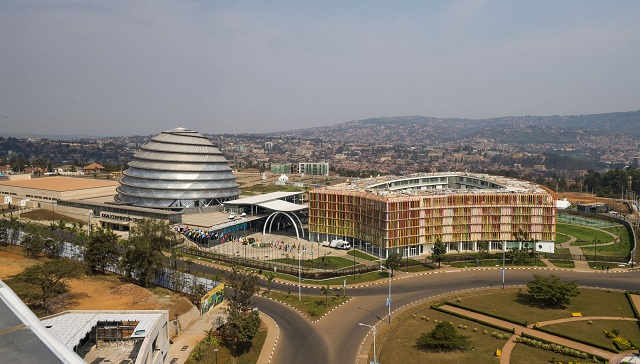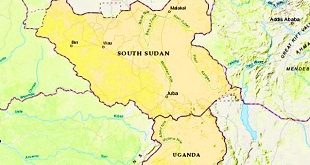
This growth has translated into significant improvements in the labor market, with the creation of over half a million new jobs year-on-year
Rwanda | THE INDEPENDENT | Rwanda’s real Gross Domestic Product expanded by 8.9% in 2024, surpassing the previous year’s growth of 8.2%, according to the latest Rwanda Economic Update (REU) released by the World Bank on April 1.
The report highlights Rwanda’s strong resilience amidst global uncertainties, driven by robust private consumption, significant investment, and solid performances in services, industry, and the recovering agriculture sector.
This growth has translated into significant improvements in the labor market, with the creation of over half a million new jobs year-on-year. The employment surge reflects both strong job creation and a recovery in structural transformation, with the services sector regaining its position as the largest employer in 2024—a status it last held in 2019.
Despite ongoing challenges, agriculture remains a cornerstone of Rwanda’s economy, employing 40% of the workforce and contributing 27% to GDP.
“Over the last decade, agricultural income has significantly increased, reaching $419 million. Production has diversified beyond traditional cash crops, like coffee and tea, to include high-value commodities such as vegetables and fruits,” said Peace Aimee Niyibizi, World Bank Senior Country Economist for Rwanda.
“However, the sector still holds considerable potential to deliver higher growth, better employment opportunities, and increased foreign exchange earnings.”
The 24th edition of the REU, titled Modernizing Agriculture to Accelerate Structural Transformation in Rwanda, calls for increased investments in agricultural infrastructure, such as irrigation, including small-scale irrigation development and agro-logistics, to boost productivity, reduce post-harvest losses, and improve market access.
The report emphasizes that market-driven production systems will encourage productive investments, improve yields and efficiency, and generate employment opportunities along agricultural value chains.
While agricultural exports account for 48% of Rwanda’s total goods export revenues, trade remains vulnerable to price fluctuations and limited regional market integration.
“Rwanda’s agricultural sector is fundamental to achieving the country’s economic and developmental goals,” said Sahr Kpundeh, World Bank Country Manager for Rwanda.
“By investing in value addition and modernizing production systems, Rwanda continues its agricultural transformation journey.”
The REU further recommends strengthening seed systems and implementing regulatory reforms to attract private investment. REU says addressing these challenges and aligning policies with regional and trade opportunities within the East African Community (EAC) and the African Continental Free Trade Area (AfCFTA) will be key to supporting Rwanda’s goal of building a resilient, competitive, and sustainable agri-food sector.
 The Independent Uganda: You get the Truth we Pay the Price
The Independent Uganda: You get the Truth we Pay the Price



